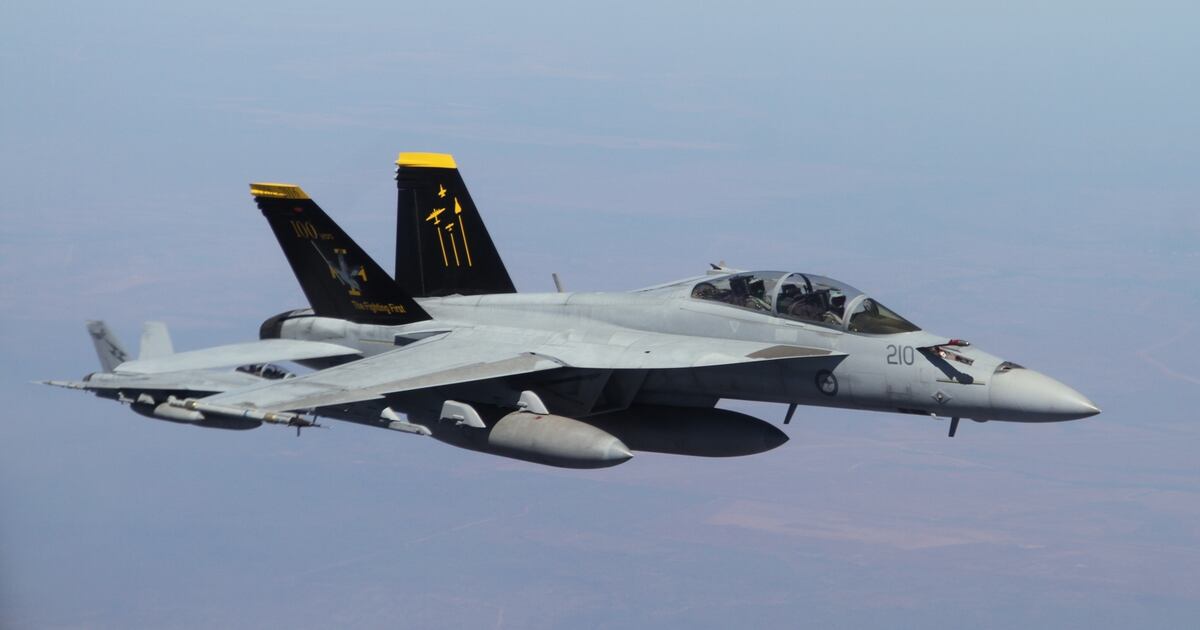Hindustani78
New Member
- Joined
- Nov 19, 2017
- Messages
- 1,326
- Likes
- 386
//economictimes.indiatimes.com/articleshow/62355417.cms?utm_source=contentofinterest&utm_medium=text&utm_campaign=cppst
NEW DELHI: A government committee formed to prepare a roadmap to boost domestic manufacturing of lightweight body armours for the armed forces has pitched for measures like creating more testing facilities and pursuing R&D in nano technology, Parliament was informed today.
The Prime Minister's Office (PMO) has accepted the recommendations, Minister of State for Planning Rao Inderjit Singh said in a written reply to a question in the Lok Sabha.
The committee, which was was set up under the chairmanship of Niti Aayog member V K Saraswat, held multiple meetings and discussed the status of capabilities, strengths and weakness of the body armours manufacturing industry, the minister said.
"The Committee submitted its report titled 'Roadmap for Make in India in Body Armour' to the Prime Minister's Office on August, 2017 wherein a number of recommendations were made.
"Major recommendations were made...such as promotion of indigenous manufacturing of body armours including raw materials, creating more testing facilities, adopting Indian standards in body armour, setting up Centre of Excellence to pursue R&D in nano technology material for lightweight body armours and simplification on procurement process," the Minister said.
He added that the PMO has accepted the recommendations contained in the report of the committee.
Last year, the PMO had asked Niti Aayog to prepare a draft note on encouraging production of lightweight body armours.
The government think-tank then consulted various stakeholders, including companies as well as the para-military and armed forces
The idea was mooted apparently because the bullet-proof vests and helmets in use currently by the Indian forces are very heavy, causing a lot of discomfort and leaving the personnel at a disadvantage during combat.
Although India is a major producer and exporter of body armour, its own security forces are many a time deprived of such equipment, particularly the lightweight ones.
As per an estimate, there is a requirement of over 50,000 bullet-proof kits for the police force in the country.
Indian companies like Kanpur-based MKU and Tata Advanced Materials export body armour to armed forces around the world.
If the light weight bullet-proof vests and helmets are produced in bulk within the country, it will ensure low-cost supplies and end to the endless wait for foreign vendors to supply the equipment.
NEW DELHI: A government committee formed to prepare a roadmap to boost domestic manufacturing of lightweight body armours for the armed forces has pitched for measures like creating more testing facilities and pursuing R&D in nano technology, Parliament was informed today.
The Prime Minister's Office (PMO) has accepted the recommendations, Minister of State for Planning Rao Inderjit Singh said in a written reply to a question in the Lok Sabha.
The committee, which was was set up under the chairmanship of Niti Aayog member V K Saraswat, held multiple meetings and discussed the status of capabilities, strengths and weakness of the body armours manufacturing industry, the minister said.
"The Committee submitted its report titled 'Roadmap for Make in India in Body Armour' to the Prime Minister's Office on August, 2017 wherein a number of recommendations were made.
"Major recommendations were made...such as promotion of indigenous manufacturing of body armours including raw materials, creating more testing facilities, adopting Indian standards in body armour, setting up Centre of Excellence to pursue R&D in nano technology material for lightweight body armours and simplification on procurement process," the Minister said.
He added that the PMO has accepted the recommendations contained in the report of the committee.
Last year, the PMO had asked Niti Aayog to prepare a draft note on encouraging production of lightweight body armours.
The government think-tank then consulted various stakeholders, including companies as well as the para-military and armed forces
The idea was mooted apparently because the bullet-proof vests and helmets in use currently by the Indian forces are very heavy, causing a lot of discomfort and leaving the personnel at a disadvantage during combat.
Although India is a major producer and exporter of body armour, its own security forces are many a time deprived of such equipment, particularly the lightweight ones.
As per an estimate, there is a requirement of over 50,000 bullet-proof kits for the police force in the country.
Indian companies like Kanpur-based MKU and Tata Advanced Materials export body armour to armed forces around the world.
If the light weight bullet-proof vests and helmets are produced in bulk within the country, it will ensure low-cost supplies and end to the endless wait for foreign vendors to supply the equipment.


